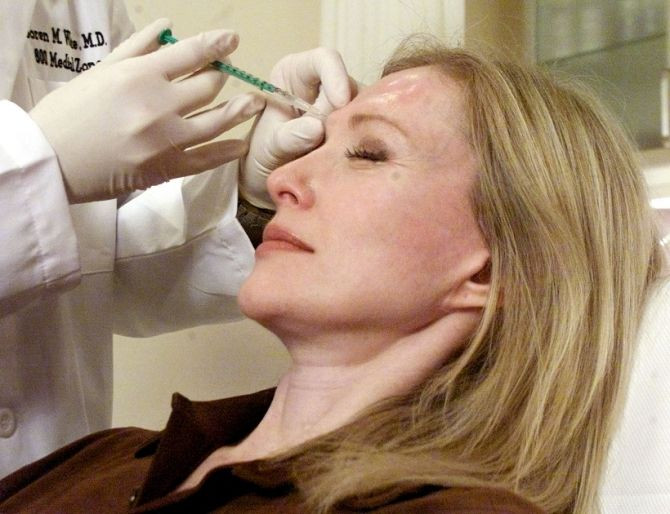Botox Injection Significantly Reduces Tremors in Multiple Sclerosis Patients

A single Botox injection can significantly reduce the severity of arm tremors caused by multiple sclerosis, according researchers.
Botox, a toxin derived from the Clostridium botulinum bacterium, works by blocking nerve signals and relaxing muscles under the skin.
Besides being used as a cosmetic agent for smoothing aging skin, it also has a number of medical benefits, treating conditions like chronic migraine, excessive sweating and certain symptoms of multiple sclerosis, such as overactive bladder and muscle stiffness.
In a new study, published in the journal Neurology, researchers injected 23 patients with either botulinum toxin type A or a placebo over a period of six months to test the effects of Botox injections on MS-related arm tremors, which affect up to two-thirds of people with multiple sclerosis.
Researchers found that patients who were given the Botox treatment had a 40 percent reduction in the severity of tremors, reducing it from moderate to mild, and their writing and drawing abilities improved by about 30 percent, according to researcher Dr. Anneke Van Der Walt, a consultant neurologist at The Royal Melbourne Hospital and research fellow with the University of Melbourne in Australia.
On average, patients' tremor severity improved an average of two points on a 10-point scale, bring their tremor from moderate to mild, and in writing in drawing tests, participants improved by an average of one point on a 10-point scale.
"Our study suggests a new way to approach arm tremor related to MS where there are currently major treatment challenges and it also sets the framework for larger studies," van der Walt said in a statement.
Researchers said that patients also experienced improvements across a range of everyday activities like their ability to eat and drink, write and use a computer.
"Our findings provide the framework for a larger, phase III study to confirm our findings and to establish targeted botulinum toxin injections as a treatment option for disabling MS arm tremor," the researchers concluded.
Van der Walt said that current treatments for tremor in multiple sclerosis are not "sufficiently effective" and that new alternatives are needed.
Researchers noted that muscle weakness developed in 42 percent of people treated with botulinum toxin compared to 6 percent of the people treated with the placebo. However, researchers reported that the weakness was generally mild and went away in less than two weeks after injection.
Published by Medicaldaily.com



























